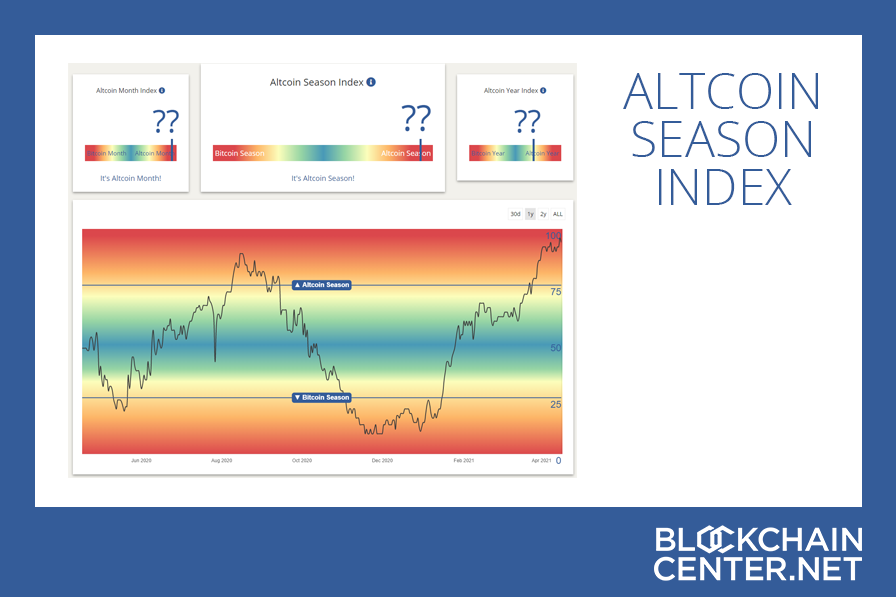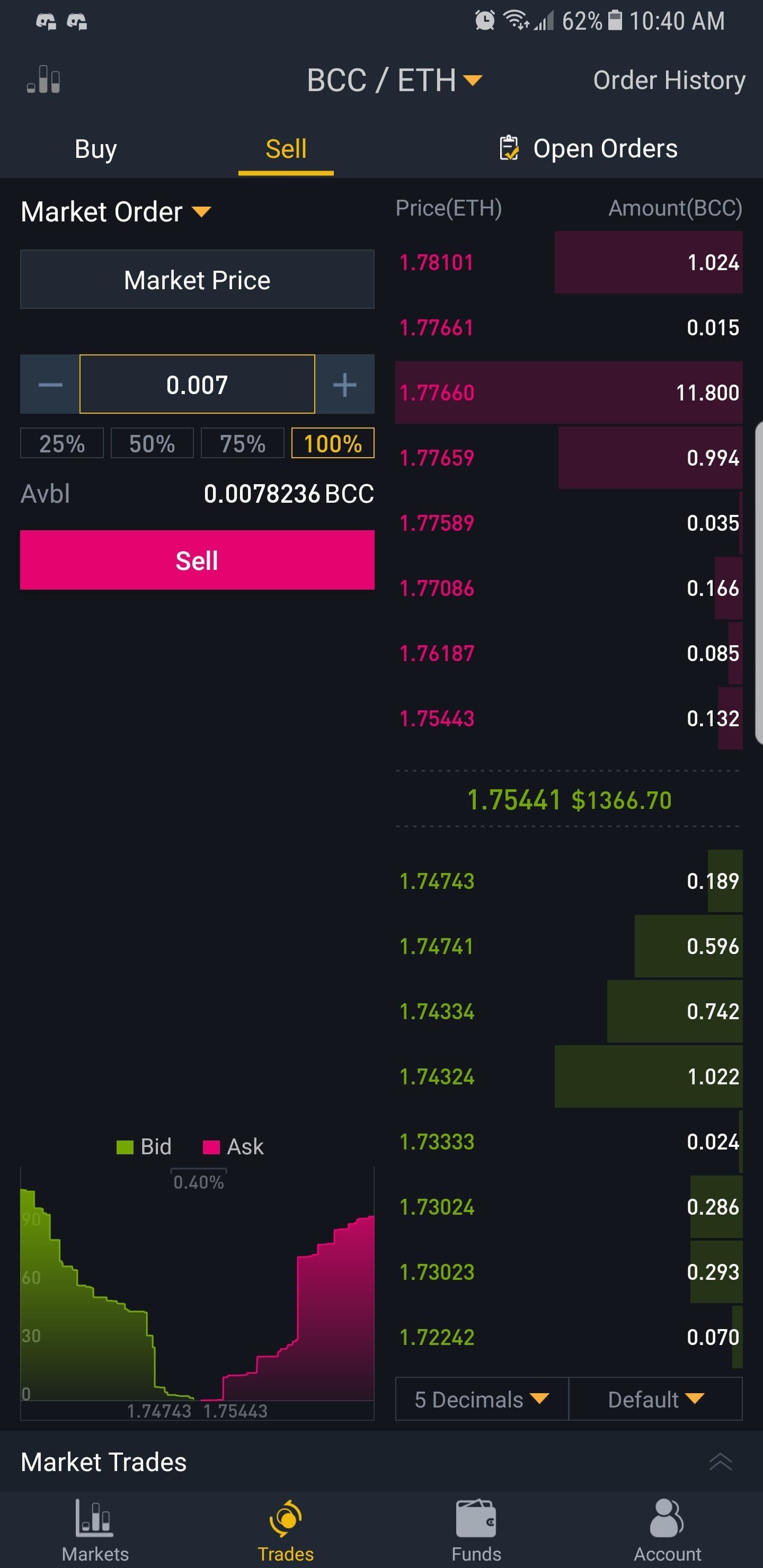Friends, buckle up! The Korean political landscape just detonated. Former President Yoon Seok-yeol has dramatically announced his departure from the People Power Party, a move ostensibly to… help them win the upcoming election? Please. Let’s call it what it is: a desperate attempt to reshape the narrative as the country stares down the barrel of a potential political shift.
This all stems from the explosive events of late last year and early this year. Remember December 3rd, when Yoon declared emergency martial law? It set off a chain reaction, culminating in a staggering impeachment motion passed on April 4th. The accusations – constitutional and legal violations – are serious, and the political repercussions are seismic.
Now, we’re heading for snap elections on June 3rd. Early voting starts May 29th, and the campaign trail is already a feeding frenzy. Seven candidates are vying for power, but all eyes are on Lee Jae-myung, the heavyweight contender from the opposition Democratic Party. He’s currently the clear frontrunner, and frankly, the establishment is terrified.
Let’s break down the key elements for those newer to Korean politics:
Emergency Martial Law: This isn’t a drill. It signifies a government perceiving a grave threat to national security, granting the executive branch expanded powers. It’s a last resort.
Impeachment Process: A serious constitutional mechanism. It requires a significant majority vote in the National Assembly, followed by a review and ruling by the Constitutional Court. It’s rarely successful.
The People Power Party (PPP): The conservative political force historically associated with pro-business and pro-US policies. Yoon’s exit throws their strategy into complete disarray.
The Democratic Party (DP): The largest opposition party, generally leaning more progressive, advocating for economic equality and inter-Korean dialogue. Lee Jae-myung embodies this shift.
This isn’t just about one election; it’s about the future direction of South Korea. We’re talking about economic policy, foreign relations, and the very fabric of their democracy. Stay tuned, folks, because this story is far from over!




